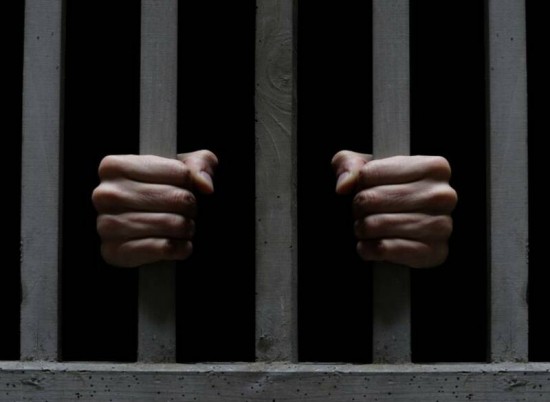Optimal conditions are not necessary for impact.
Note: This month I’m posting a series of devotional thoughts from Acts. Many of these are reposts, some are new. I’m “working out the kinks” for submission to a compilation of short, pastoral writings in Acts to be published later this year. If you have suggestions, corrections, or comments, please let me know!
 “For two whole years Paul stayed there in his own rented house and welcomed all who came to see him. Boldly and without hindrance he preached the kingdom of God and taught about the Lord Jesus Christ.” Acts 28:30-31
“For two whole years Paul stayed there in his own rented house and welcomed all who came to see him. Boldly and without hindrance he preached the kingdom of God and taught about the Lord Jesus Christ.” Acts 28:30-31
This final line in the book of Acts might seem a little anti-climatic—it certainly is an abrupt ending—but it is also rich with possibility.
Paul, who is a defining early figure in Christianity, is confined under house arrest in Rome. This is not the most optimal situation for someone called to spread the Gospel. Then again, if you reflect on Paul’s life as recorded in the book of Acts, he rarely seems to find optimal circumstances.
If we encountered the same kind of opposition Paul did, I think we may have thrown in the towel early on. He lived in prisons, he didn’t have the freedom of choice and movement, he was completely at the mercy of Rome. But, like the energizer bunny, Paul just kept on going, and going and going. Nothing was going to stop him from carrying out his God-given mission.
He had understood the context under which he was serving. Though it wasn’t what he would have chosen for his ministry context, he fully embraced it as a situation God could and would use for His glory. Paul, who never seemed to be all that shaken by his surroundings, could honestly write from prison: “I have learned to be content whatever the circumstances. I know what it is to be in need, and I know what it is to have plenty. I have learned the secret of being content in any and every situation, whether well fed or hungry, whether living in plenty or in want. I can do everything through him who gives me strength.” Phil 4:11-13
At this end-point in the narrative, it looks like the end. Acts never tells us if Paul gets released from prison and goes on to do greater things for the Kingdom. We close the book on a man who is captive on the outside but on the inside is as free as a bird. If nothing ever changed in his life, he could go on “boldly and without hindrance preaching the kingdom of God and teaching about the Lord Jesus Christ”.
What about us? What happens when we feel we’ve reached the last chapter of our lives, and it isn’t turning out the way we had hoped? Do we, in despair, settle into our lazy-boy, medicate ourselves with TV, and wish we could have come up with a different ending? Or, do we aggressively continue with our passion and calling regardless of the suboptimal conditions?
You may be trapped in some kind of circumstantial prison or you may be mourning what one of my leaders calls “your preferred future”, but you can still make a radical Kingdom impact from right where you are…wherever you are. Even if it is never where you planned to be.
